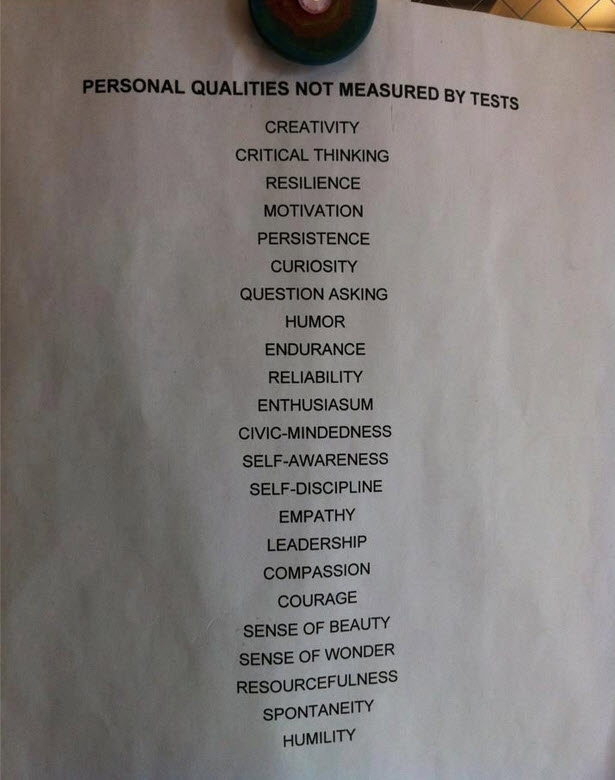About excellent and troubled romances and marriages
I've really enjoyed receiving posts by Eric Barker. Recently, I received this post on How to Have a Great Relationship. He really boils things down, peppering his posts with links to the research and more expansive articles. Here's an excerpt:
Love isn’t an emotion, really. When you look at fMRI studies of the brain it shows up more as a desire. A craving. And that explains why it feels so good. As far as the ol’ gray matter’s concerned love’s right up there with cocaine and cash. All three activate the same area of the brain — the dopamine reward system . . . So, yeah, even neuroscience agrees that love is intense. But can anything that powerful last? Doesn’t it eventually have to fizzle? Not necessarily. Research shows some couples are very much in love 40-50 years later. Want your marriage to last more than 30 years? Just “being married” often isn’t enough: you also need to be good friends.But this is only the entry point to dozens of clearly written text loaded with links. Really smartly outlined and inviting. I find myself looking through many of the links, including this way to shortcut to romance. Here are a few more links that spun off the main article: John Gottman's four things that kill relationships.
Criticism – Complaints are fine. Criticism is more global — it attacks the person, not their behavior. They didn’t take out the garbage because they forgot, but because they’re a bad person. Contempt – “…name-calling, eye-rolling, sneering, mockery, and hostile humor. In whatever form, contempt – the worst of the four horsemen – is poisonous to a relationship because it conveys disgust. It’s virtually impossible to resolve a problem when your partner is getting the message that you’re disgusted with him or her.” Defensiveness – “…defensiveness is really a way of blaming your partner. You’re saying, in effect, ‘The problem isn’t me, it’s you.’ Defensiveness just escalates the conflict, which is why it’s so deadly.” Stonewalling – Tuning out. Disengaging. This doesn’t just remove the person from the conflict, it ends up removing them, emotionally, from the relationship.
Here's a gem from the same article: 69% of a couple’s problems are perpetual. These problems don’t go away yet many couples keep arguing about them year after year:Most marital arguments cannot be resolved. Couples spend year after year trying to change each other’s mind – but it can’t be done. This is because most of their disagreements are rooted in fundamental differences of lifestyle, personality, or values. By fighting over these differences, all they succeed in doing is wasting their time and harming their marriage.What is one of the best predictors of the well being of a relationship? It's how much you THINK you are similar. What's the best time efficient way to enhance your relationship? Share your favorite part of the day with each other. I realize that none of this is rocket science in the abstract. As a man who recently became divorced, however, it's not easy to put these into play every day. Keeping these ideas in the forefront would seem to be a good way to making it easier to put these ideas into play.

